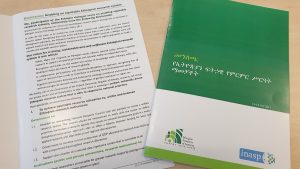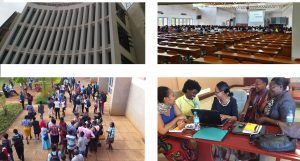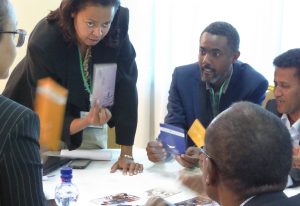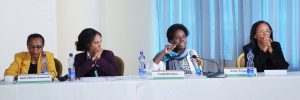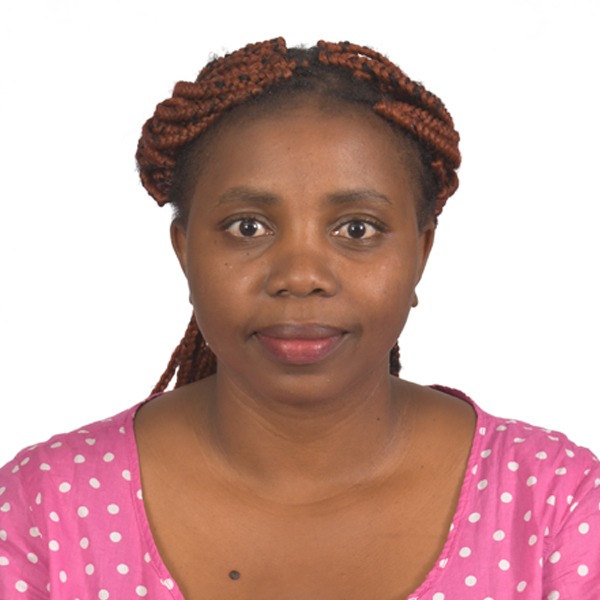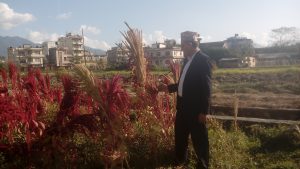Enabling an equitable Ethiopian research system – declaration
In November 2018, the Ethiopian Academy of Sciences (EAS) and INASP held a dialogue event in Addis Ababa bringing together a range of stakeholders to explore issues of equity in research. As a result, EAS has now published a declaration outlining a vision for a strong, sustainable and self-sufficient research system for Ethiopia and steps required to achieve it.

